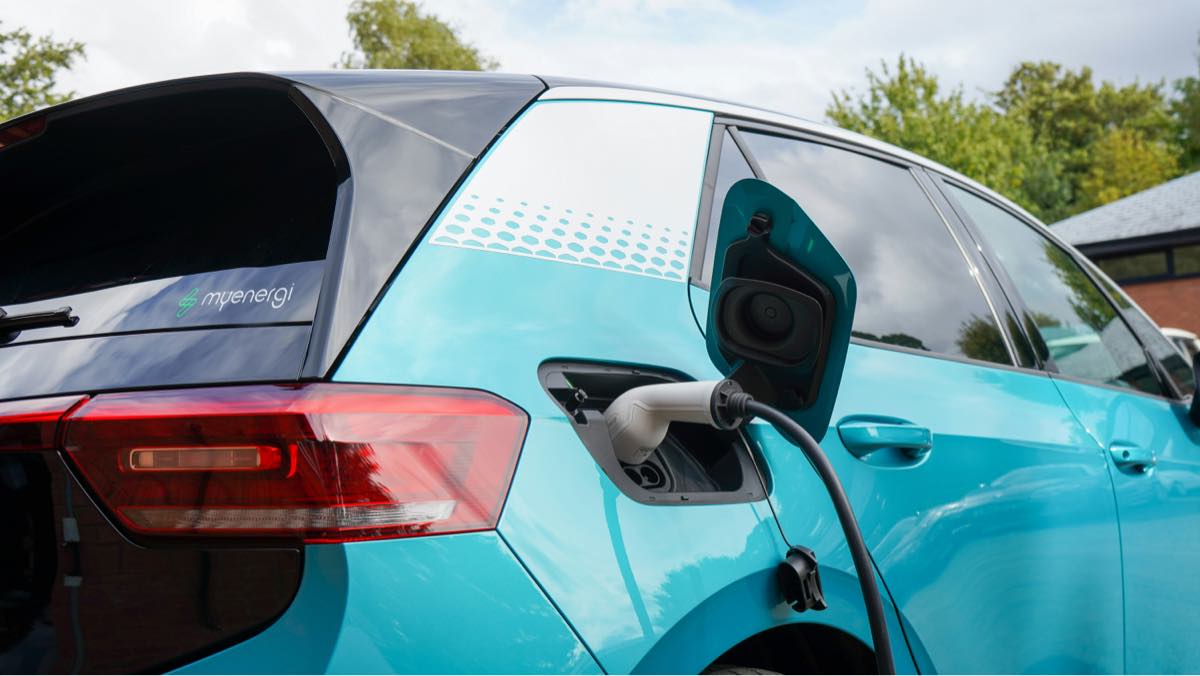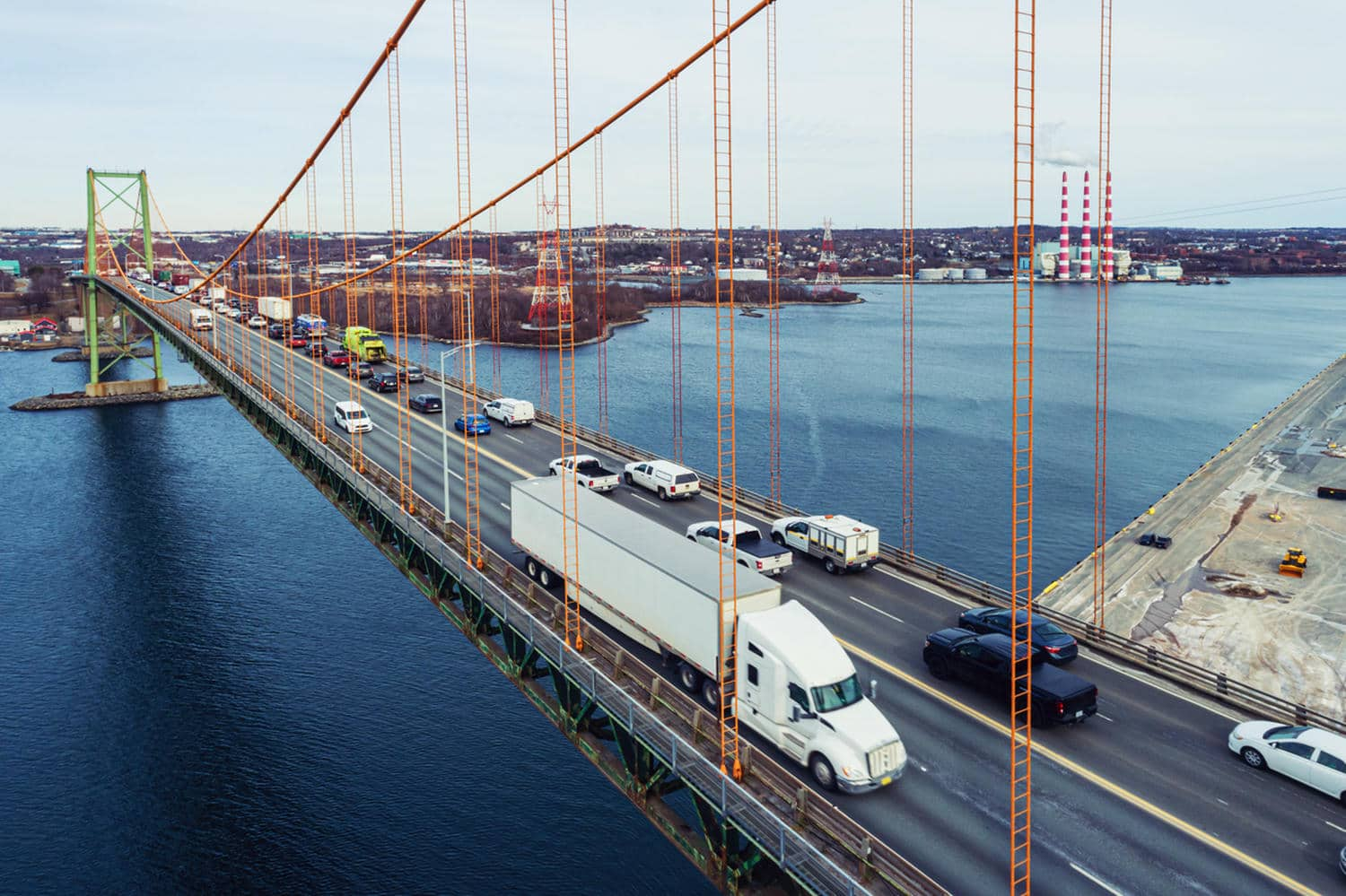When shipping an electric vehicle, pricing isn’t one-size-fits-all. Electric vehicle shipping costs depend on a variety of factors, including the condition of the vehicle and any custom modifications. At Ship A Car, Inc., we provide tailored quotes based on the unique needs of your EV, whether it’s brand-new, customized, or inoperable. From low-clearance models to complex drivetrain issues, Ship A Car ensures your electric vehicle is matched with the right carrier and equipment. Call (866) 821-4555 today or use our online calculator for an accurate, no-obligation quote.

Shipping an electric vehicle is a specialized service. Unlike conventional gas-powered cars, EVs require attention to detail, from battery management to clearance and custom features. At Ship A Car, Inc., our team evaluates every detail of your EV to provide the safest, most efficient, and cost-effective transport solution.
Understanding how your vehicle’s condition and modifications impact shipping helps you plan better and avoid surprises. Below, we break down the key elements that influence electric vehicle shipping costs and explain how Ship A Car handles each scenario with care and expertise.
Electric vehicles are advanced machines—but even they can sometimes fail to start. A fully drained battery, malfunctioning onboard systems, or software glitches can make your EV inoperable. In these cases, the vehicle must be winched or lifted onto the trailer, requiring additional labor and specialized equipment.
Because inoperable EVs can’t be driven onto the carrier, they often limit the number of cars a transporter can accommodate per trip. That reduction in load capacity, combined with extra handling, contributes to slightly higher shipping costs.
At Ship A Car, Inc., we coordinate with transporters experienced in handling non-operational EVs, ensuring safe loading and unloading procedures that prevent damage to sensitive electronics and drivetrain components.

Many high-performance EVs—like the Tesla Model S Plaid or Porsche Taycan—feature sleek, aerodynamic designs with low ground clearance, often as little as 4 inches. While this boosts performance, it complicates the loading process.
Standard loading ramps may cause scraping or underbody damage. Instead, vehicles with low clearance often require hydraulic lift gates or extended low-angle ramps, especially when using enclosed carriers.
These accommodations may come at a premium, but they ensure your investment is fully protected from loading-related damage. Ship A Car proactively identifies clearance issues during the quoting process and assigns only properly equipped carriers.
While custom wheels and performance tires add style and function, they also change the vehicle’s dimensions, handling, and how it fits onto a trailer. Oversized tires can affect height and width clearances, and low-profile tires require careful strapping to avoid rim damage.
Carriers must be equipped to secure your EV using non-abrasive wheel straps and adjust anchor points accordingly. Improper handling can result in shifting during transit—something Ship A Car actively prevents through expert pre-shipment planning.
Our team is trained to document tire and wheel specifications before pickup and ensure your EV is loaded in a way that preserves both function and finish. 
Suspension upgrades like air ride systems or coilover kits are common on performance EVs and custom builds. While they enhance comfort or appearance, they reduce ride height and affect how your vehicle can be transported.
Some aftermarket suspensions may need to be adjusted or locked in a raised position before loading to ensure clearance over ramps. Ship A Car advises customers to communicate these upgrades in advance so we can pair your EV with a driver who understands how to handle them correctly.
Shipping a car with altered suspension systems without the proper prep can lead to frame or underbody damage—something Ship A Car, Inc. helps you avoid entirely.
If your EV has a roof rack, spoiler, solar panel, or extended bumpers, it may exceed standard clearance dimensions. These features, while functional or cosmetic, impact how the vehicle fits inside an enclosed carrier or even how it’s strapped on an open one.
Some carriers may require you to remove external add-ons if they pose a clearance issue or risk during transit. Others may charge more due to the need for additional vertical or horizontal space.
Ship A Car takes measurements during the intake process to ensure your vehicle is matched with a transporter who can accommodate these changes without issue.
The battery is the heart of your EV—and it must be in stable condition for safe shipping. If the vehicle has known battery faults, warning lights, thermal management issues, or charging system problems, these must be disclosed.
Such conditions can impact whether the vehicle is driveable, its weight distribution, and the possibility of further damage during transport. Software issues or immobilizer locks can also prevent the car from being properly operated during loading.
At Ship A Car, Inc., we don’t just ship your EV—we protect it. That means understanding all the details up front and pairing your car with the right carrier based on its exact condition.

The more we know, the better we can serve you. By clearly communicating your EV’s condition and any modifications, we avoid surprises, delays, and extra costs. Our goal is to deliver not only your vehicle—but also an exceptional, worry-free transport experience.
Electric vehicles are often heavier, require different loading protocols, and may have sensitive components like battery packs or suspension systems that need special handling. These factors influence equipment needs and carrier availability, affecting price.
Yes. Open transport is typically 30–40% cheaper than enclosed shipping. However, enclosed car carriers offer added protection from weather and debris, making them ideal for high-end, luxury or modified EVs.
They can. Modifications like large wheels, roof racks, spoilers, or suspension changes can alter your EV’s size and handling characteristics. These changes may require special equipment or additional space, increasing cost slightly.
If the vehicle is inoperable, it must be winched onto the trailer. This adds labor and reduces load capacity for the carrier, so inoperable EVs generally cost more to transport. SAC ensures the carrier is prepared for these conditions.
Book early, be flexible with pickup dates, and provide accurate vehicle information. Open transport is the most budget-friendly option, and avoiding last-minute changes can help keep your rate low.
No. Most EVs are shipped with a 30%–50% charge, which is enough for loading and unloading. In rare cases, a portable charger may be used at drop-off if the battery is critically low, which is why Ship A Car recommends including one if necessary.
Use our online quote calculator at www.shipacarinc.com or call (866) 821-4555. We’ll gather all the necessary details—make, model, condition, modifications—and provide a personalized quote with no hidden fees.

When it comes to electric vehicle shipping costs, details matter. From low ground clearance to suspension upgrades, every custom feature and condition factor into pricing and logistics. At Ship A Car, Inc., we don’t treat your EV like every other vehicle. We assess it carefully, match it with the best-suited carrier, and ensure it arrives safely and on time.
Trust your vehicle with a team that knows EVs inside and out—because when it comes to precision, performance, and peace of mind, Ship A Car leads the way.




